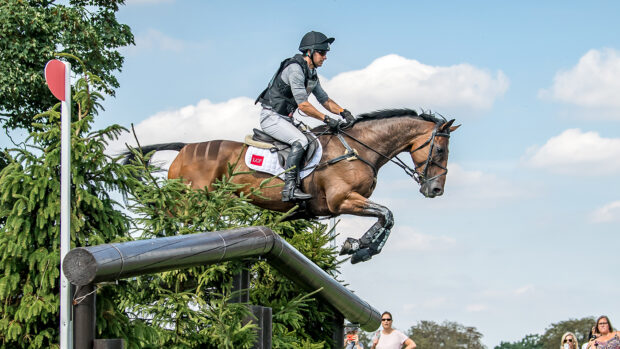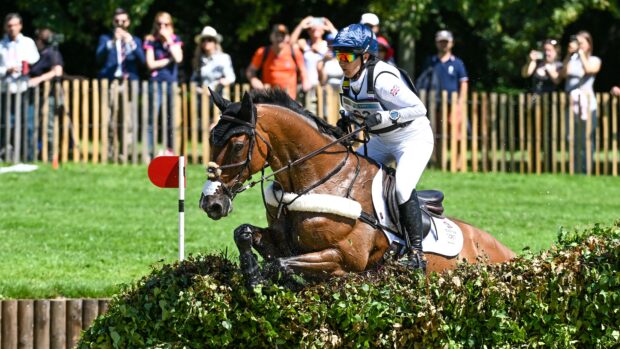The risk of a bird flu outbreak playing havoc with top-level equestrian events in the UK has prompted British Eventing (BE) to take out a five-figure insurance premium to cover the last-minute cancellation of its biggest events, Burghley and Blenheim.
Faced with “an unquantifiable risk”, BE chief executive Peter Durrant described the investment as “a prudent business decision”. Last month bird flu was detected in France and Switzerland, and last week the government’s chief scientific adviser warned that he expected it to reach the UK.
In the same breath, he said the decision was no indication of panic or “doom and gloom” forecasting.
As H&H went to press, the H5N1 strain had not been detected in the UK, with DEFRA detailing that future contingency plans would include 3km “protection zones” and 10km “surveillance zones” around any infected site.
Reflecting a “cautious approach”, BE’s tailor-made premium, underwritten by Lloyds, plugs a calculated financial loss “in the region of £2m [including all set-up costs]” should Blenheim (31 August-3 September) and Burghley (7-10 September), two back-to-back events, be ditched in the wake of a bird flu outbreak.
“Premiums of this nature do run into tens of thousands of pounds, but I’m comfortable with the price we paid, which is considerably less than the first prize at Burghley this year of £45,000 — I believe it was money well spent,” said Mr Durrant.
“It was a prudent business decision because, clearly, there is still a lack of knowledge in the industry about bird flu. These are two big events and the one thing I won’t allow is members’ money to be put at unnecessary risk.
John McEwen, BEF director of equine sports science, said the major concern was not so much the risk of cross-species infection [horses and humans], but how an outbreak of bird flu might suddenly impact the scheduling of equestrian events dotted around the countryside.
Stressing the “no panic” message, he said: “What we are hearing from DEFRA is that the message seems to be clear that the countryside will not be closed down, as it was with foot-and-mouth.
“The real issue, if bird flu comes here, is how widespread it is among the avian population, the degree of restrictions imposed by DEFRA, and the proximity of equestrian events to infected sites.”
SUBSCRIBE TO HORSE & HOUND AND SAVE Enjoy all the latest equestrian news and competition reports delivered straight to your door every week. To subscribe for just £1.43 a copy click here >>
|



